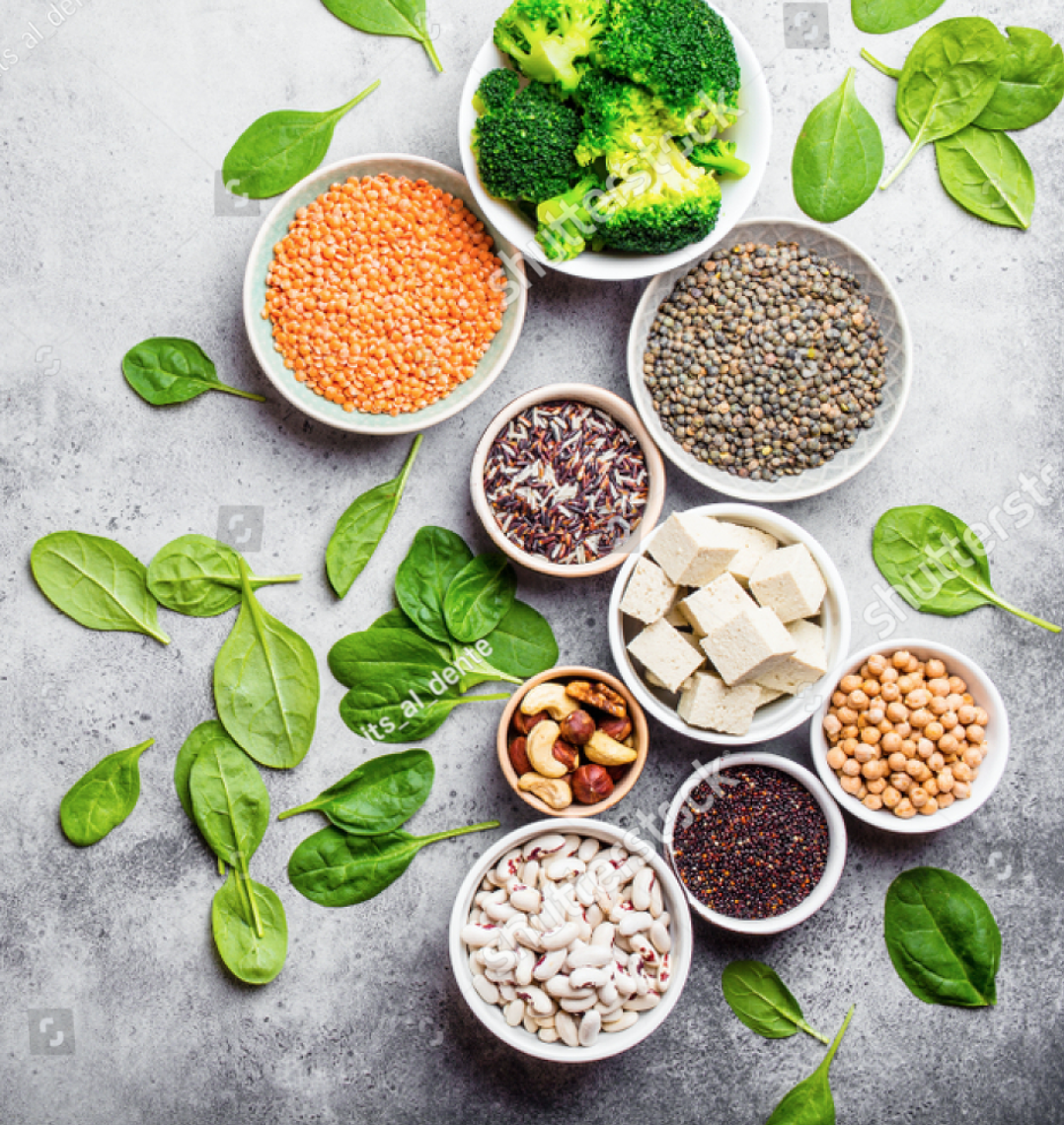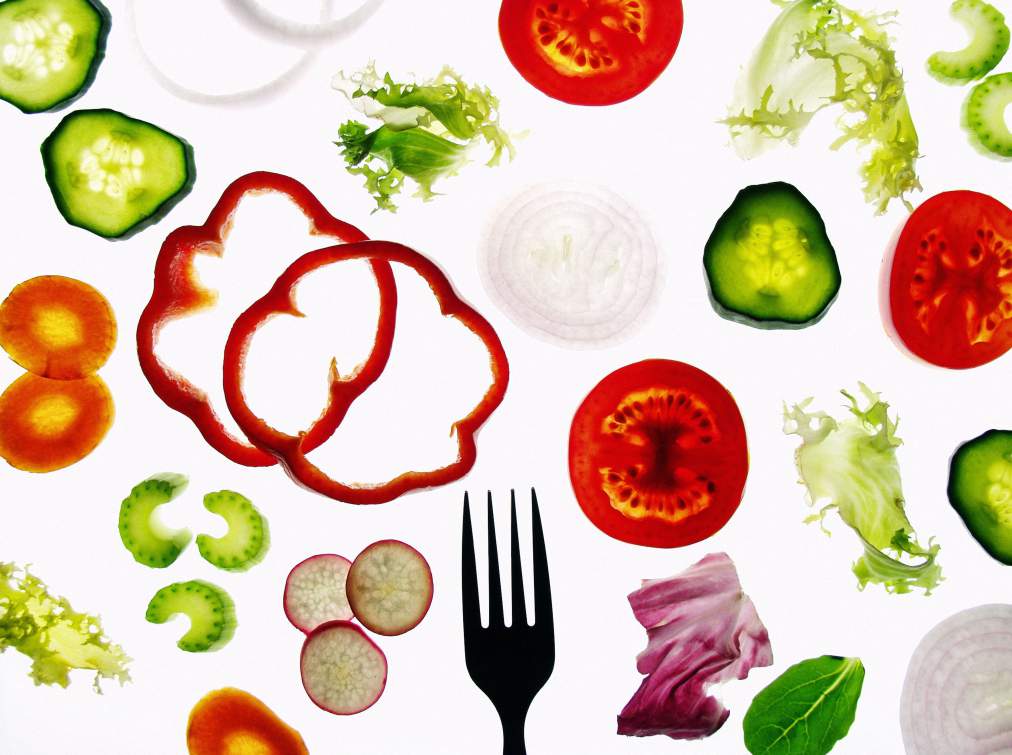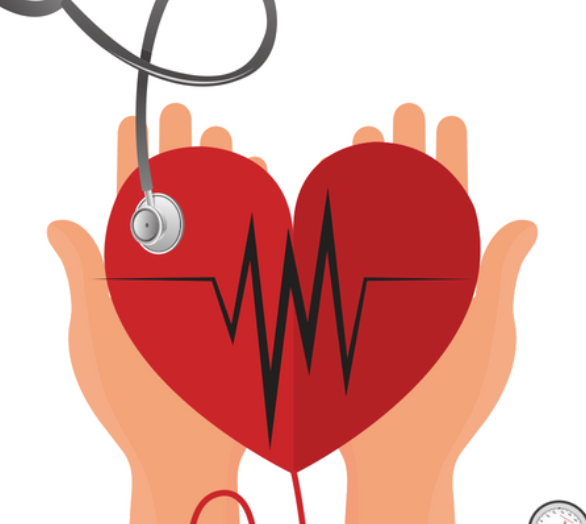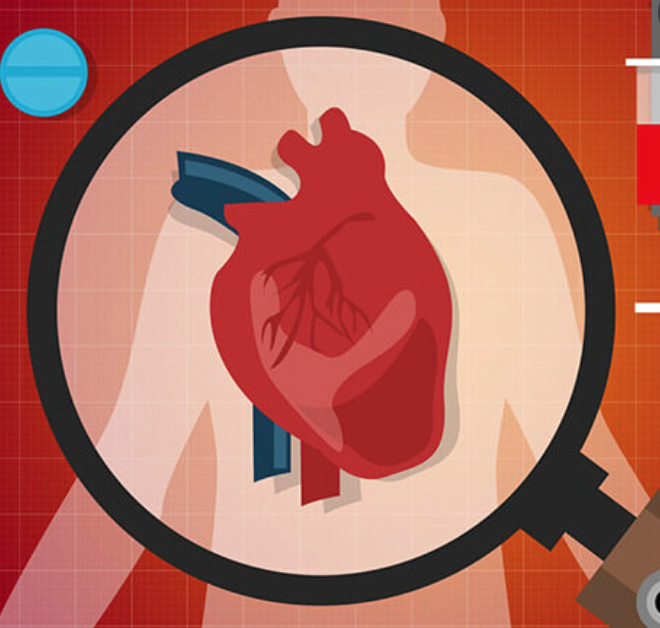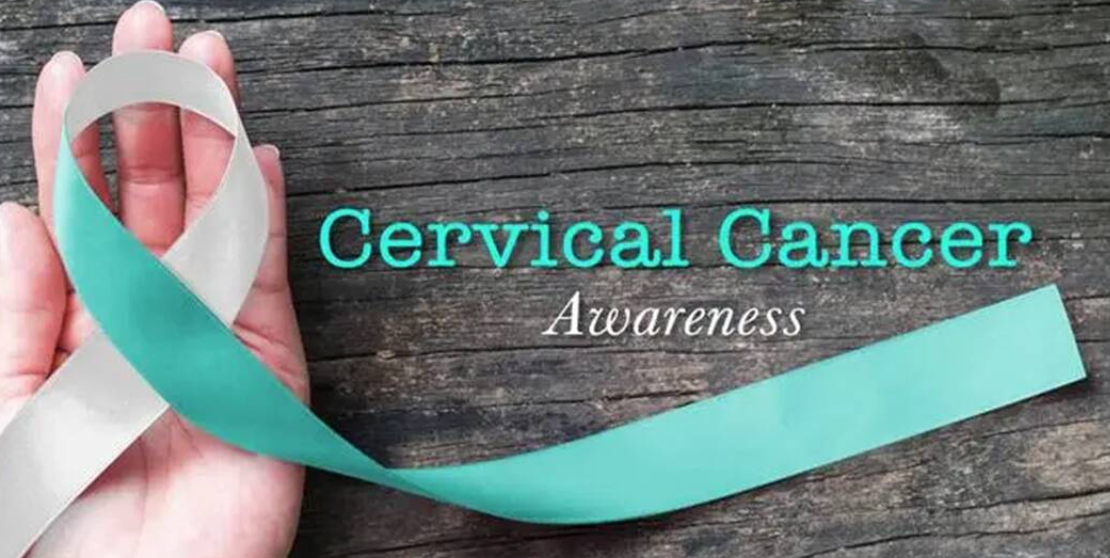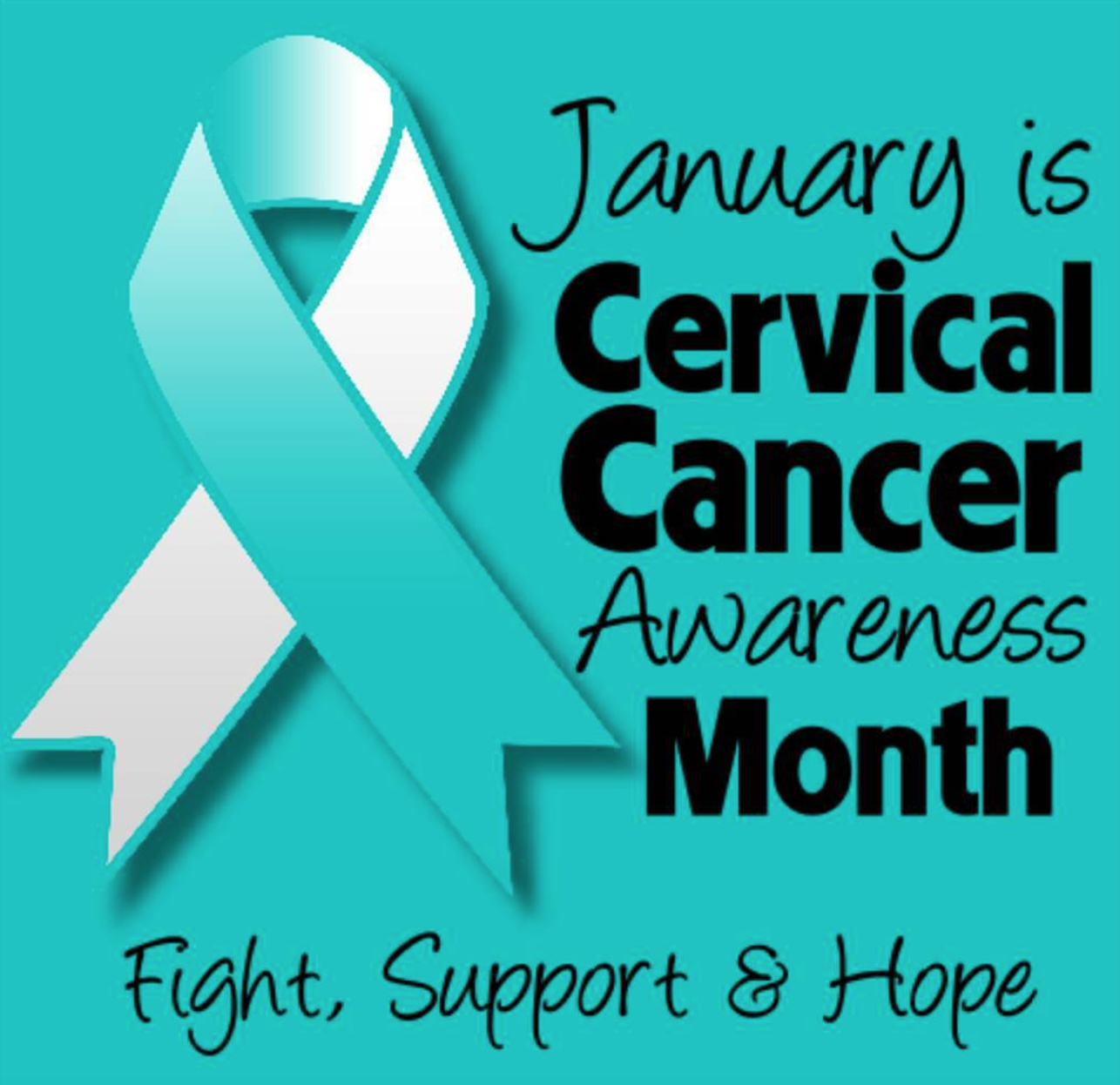In today’s dynamic and fast-paced world, sticking to a healthy diet is sometimes easier said than done. Sticking to a healthy diet means finding a way of eating that is not only nutritious but also that you find enjoyable, sustainable, and conducive to your personal circumstances.
What you eat each day affects your health and how you feel now and in the future. Good nutrition plays a major role in helping you lead a healthy lifestyle. When combined with physical activity, your diet can help you reach and maintain a healthy weight and reduce your risk of chronic conditions such as diabetes or heart disease, and promote overall health and wellbeing.

